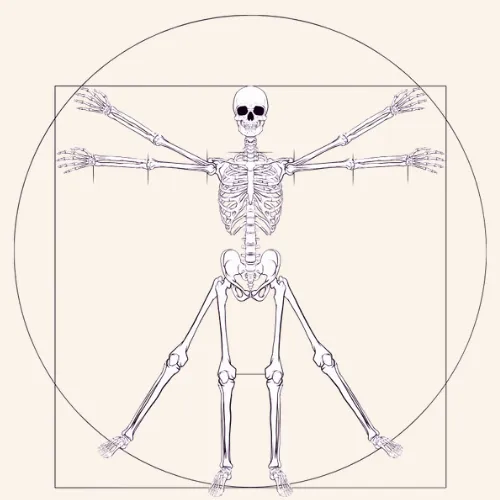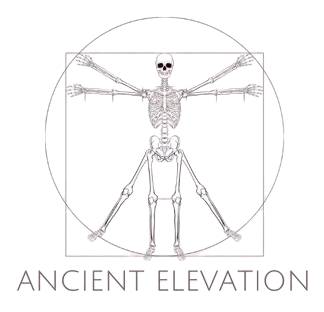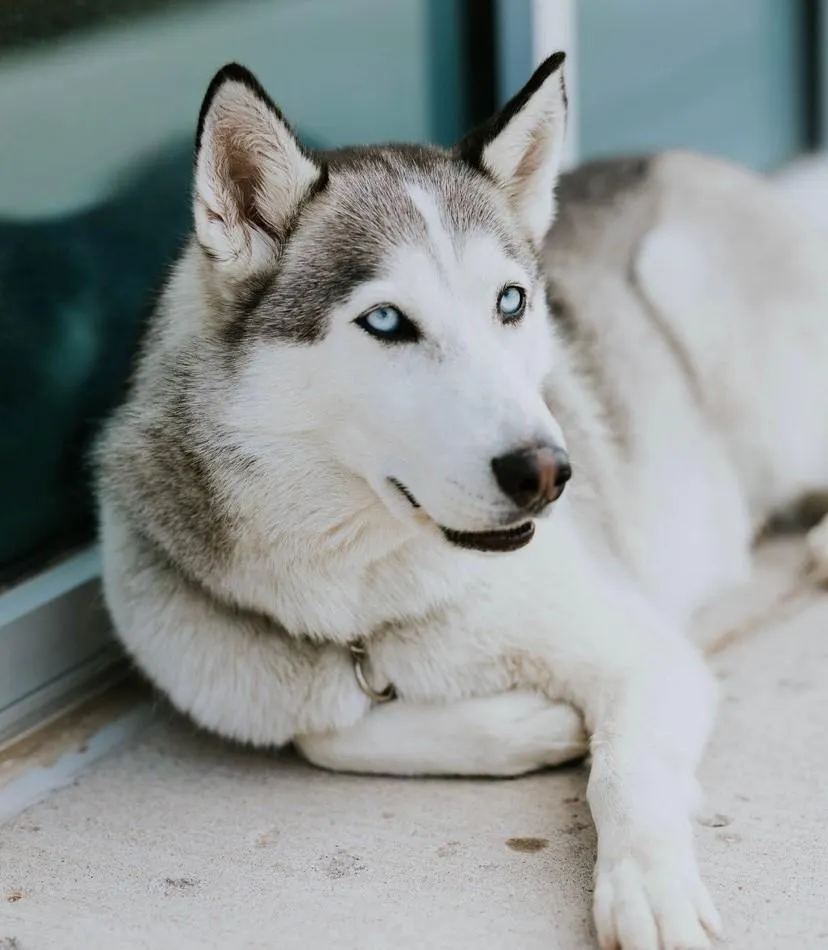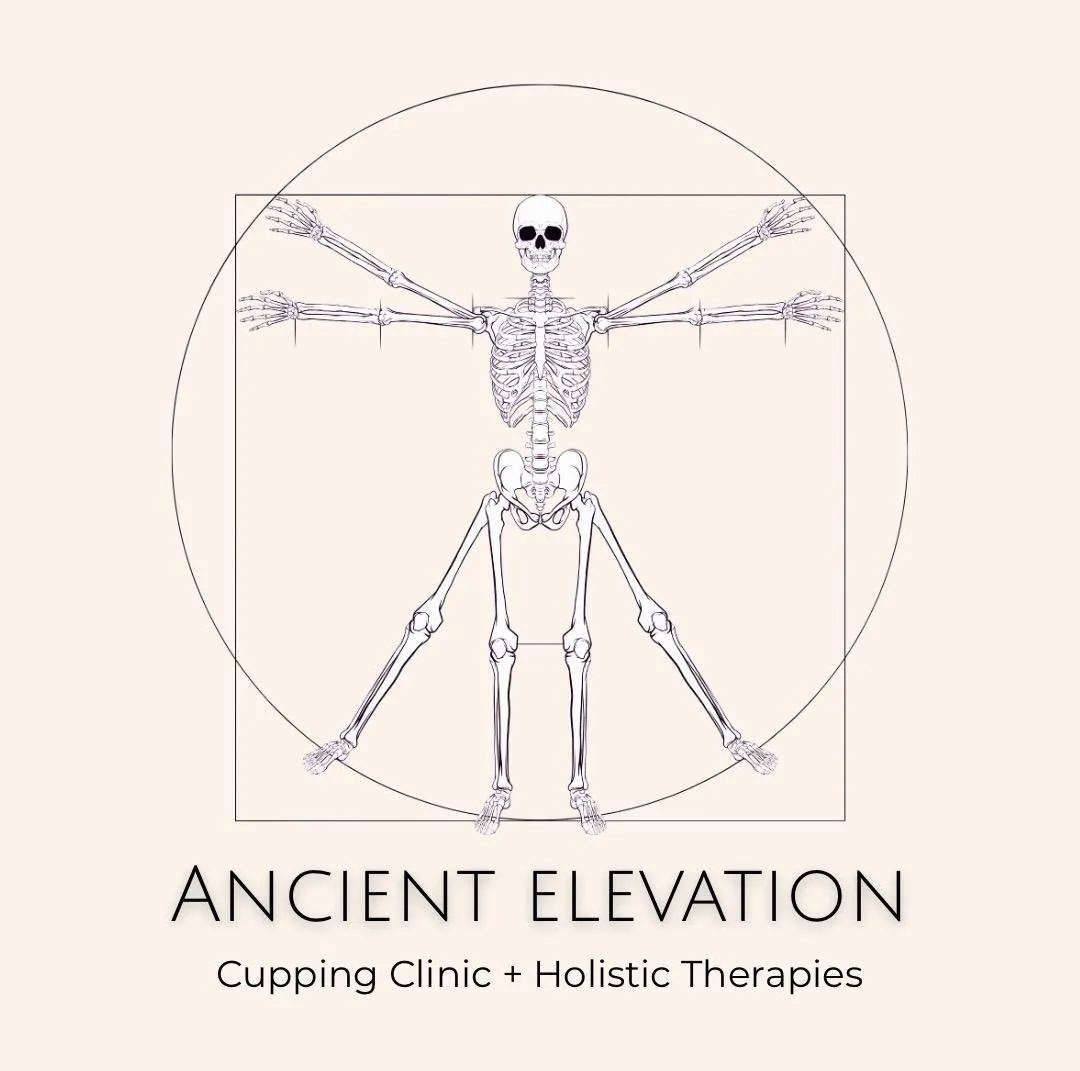
Ancient Elevation
Cupping Clinic | Holistic Therapies
women's health + Beauty ♡

I'm Gen –
your women's
holistic bodyworker🌸
I believe my passion and calling for bodywork stems from my time as an athlete. I grew up playing ice hockey very competitively and the sport took a huge toll on my body.
Back then, recovery wasn't prioritized or talked about very much. It was always more training and more skating. Tight muscles and lactic acid build up in my legs profoundly effected my performance, my confidence, and my overall abilities.
Once my athletic career ended and I graduated high school, I moved to Colorado where I attended Denver Integrative Massage School in 2019. I've always had an interest in holistic health and I knew I wanted to work for myself.
It wasn't until I was in my program that I learned about Cupping Therapy and Muscle
Scraping. I knew right away that had I known about these therapies back when I was an athlete, everything would have been different.
I became so passionate about spreading the word of these ancient modalities because I realized how much relief people could get, athlete or not. I know with all my heart that this is my life's work and my mission. It fills my soul with purpose to help women improve the way they feel in their bodies.

Meet Mila!
Yep, that gentle presence in the room is likely my sweet husky, Mila!
She's incredibly calm and loves just holding space while I work. Her energy if very special and I love that she is by my side through life and in the treatment room.

Frequently Asked Questions
General Questions
What is my cancellation policy?
I charge a 50% cancellation fee for any no-shows or cancellations within 24 hours of the scheduled appointment.
What should I wear to my appointment?
Wear comfortable clothing that allows easy access to the treatment area. For most body sculpting and therapy sessions, you may be asked to undress to your comfort level and will be properly draped at all times.
Are the treatments painful?
Most clients describe the treatments as intense but relieving. Some sensitivity is normal, especially in areas of built-up tension or stagnation, but we always adjust pressure to your comfort level.
Cupping Therapy
What is cupping therapy?
Cupping is an ancient therapy that uses suction cups to lift and decompress soft tissue. This promotes circulation, relieves muscle tension, supports lymphatic drainage, and may help release toxins.
What do the different color circle marks mean?
Red/Pink: Marks that appear red or pink are typically indicative of fresh blood being drawn to the surface. This suggests increased circulation in the treated area, which is often desired in cupping therapy to promote healing and alleviate pain. Reddish marks are common immediately after cupping and may gradually fade over a few days.
Purple/Blue: Marks with a purple or blue hue indicate stagnant or "old" blood that has been pulled to the surface. These colors suggest areas of localized congestion or stagnation in the body's energy or blood flow. Cupping aims to improve circulation and release these stagnant fluids, which may lead to the appearance of purple or blue marks.
Speckled: Speckles marks typically indicate the presence of toxins or waste products that have been drawn out from deeper layers of tissue. This coloration may suggest that cupping is assisting the body in detoxification and elimination processes. Brown marks can also result from the release of hemosiderin, a pigment derived from hemoglobin breakdown, indicating the breakdown of old blood deposits.
Yellow: Yellow marks are often observed as the initial redness fades. They indicate a milder form of stagnation or the presence of other toxins being expelled from the body. Yellow marks may also suggest that the body is in the process of resolving inflammation or bruising.
No Mark: In some cases, especially with lighter cupping or when the treatment area is less congested, there may be little to no visible marks left behind after cupping. This does not necessarily indicate ineffectiveness; rather, it may suggest that the treatment targeted surface-level issues or that the body responded well to the therapy without significant blood or fluid congestion.
It's important to note that while the colors of cupping marks can provide some insight into the body's response to treatment, they are not diagnostic indicators on their own. The interpretation of cupping marks should be done in conjunction with other clinical assessments and considerations.

What do the cupping marks mean? Are they bruises?
The marks are not bruises. They are a result of blood being drawn to the surface and may indicate areas of stagnation or tightness. They typically fade within a few days to a week. The deeper the color the deeper the level of blood stagnation and toxin build-up.
What conditions can cupping therapy help with?
Cupping therapy is commonly used to address various conditions such as muscle pain, sports injuries, chronic pain, respiratory problems, & stress-related issues. There are also facial cupping protocols that improve skin health. It is important to note that cupping therapy should not be considered a substitute for medical treatment, & it is always best to consult with a healthcare professional before pursuing any alternative therapy.
Who can benefit from cupping therapy?
Cupping therapy can benefit a wide range of individuals, including athletes, people with chronic pain, those seeking relaxation & stress relief, & individuals looking to improve their overall well-being. However, it may not be suitable for everyone. Pregnant women, individuals with certain skin conditions, or those with bleeding disorders should consult a healthcare professional before trying cupping therapy.
Can cupping therapy be combined with other treatments?
Yes, cupping therapy can be combined with other treatments such as gua sha, dry brushing, massage therapy, or traditional medical interventions. However, it is crucial to inform your healthcare provider about any ongoing treatments or medications you are taking to ensure there are no contraindications or potential interactions.
Who should not receive cupping?
Cupping is not recommended for people with bleeding disorders, certain skin conditions, or those who are pregnant in their first trimester. Always consult your healthcare provider if you’re unsure.
Muscle Scraping (Gua Sha)
What is muscle scraping?
Also known as Gua Sha or Instrument-Assisted Soft Tissue Mobilization (IASTM), this technique involves using a specialized tool to “scrape” the skin, breaking up adhesions, improving mobility, and reducing inflammation.
Does muscle scraping cause bruising?
Mild redness or temporary discoloration (called petechiae) is normal and indicates increased blood flow. These marks usually fade within a few days.
What conditions benefit from muscle scraping?
It’s effective for chronic tension, muscle tightness, scar tissue, limited range of motion, and even post-workout recovery.
lymphatic Body Sculpting
What is wood therapy?
Wood therapy uses anatomically-designed wooden tools to contour the body, reduce cellulite, improve lymphatic flow, and break down stubborn fat deposits naturally.
Is wood therapy a weight loss treatment?
While it may aid in inch loss and body sculpting, it is not a weight-loss treatment. It works best alongside a healthy lifestyle, including hydration, movement, and clean nutrition.
How many sessions do I need to see results?
Results vary, but many clients notice changes after 3–5 sessions. A series of 6–12 is recommended for optimal sculpting results.
Aftercare & Results
What should I do after my treatment?
Drink plenty of water, avoid heavy exercise for 24 hours, and follow any custom aftercare instructions I provide. Staying hydrated helps flush out toxins and support your lymphatic system.
Are the results permanent?
Results can be long-lasting with maintenance and healthy lifestyle habits. Regular sessions can help maintain and enhance your results over time.
Can I combine treatments in one session?
Absolutely! Many of the services are designed to be complementary. I’ll customize your session based on your goals and body needs.
Still Have Questions?
I am Here to Help!

Email me: [email protected]
Text me: (248) 534-9307
© 2026 Ancient Elevation - All Rights Reserved.
Cultivating holistic health through natural and sustainable practices for a balanced and harmonious life.
Stay Updated With Ancient Elevation Newsletter
Join our community for exclusive updates, wellness tips, and special offers delivered right to your inbox.
By clicking Sign Up, you agree to our Terms and Conditions.